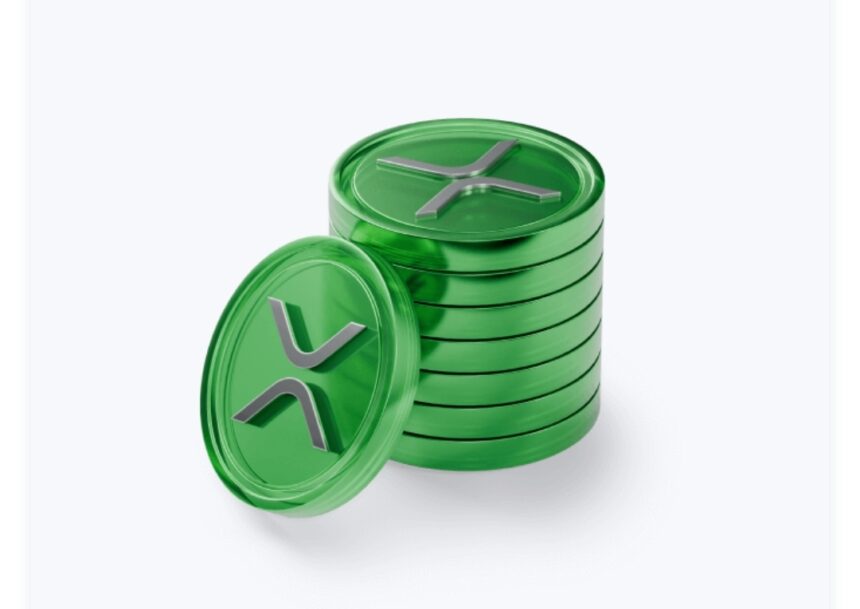Uphold has officially re-entered the U.S. payments market with a revamped debit card designed to push crypto spending into the mainstream.
The platform rolled out the card nationwide on October 30, marking its return after suspending the product in March 2023.
The company is betting on rising interest in digital asset payments and renewed consumer appetite for crypto-linked rewards programs.
The new Uphold card integrates directly with users’ crypto wallets, allowing shoppers to spend more than 300 supported cryptocurrencies, stablecoins, and fiat currencies wherever Visa is accepted.
Whether online or in-store, users can tap into their digital balances instantly, turning crypto into a spendable payment method with no manual conversion required.
Beyond convenience, rewards are at the heart of the relaunch. Uphold has introduced XRP cashback as the exclusive incentive for cardholders, positioning XRP at the center of its payment experience.
The company wrote: “The Uphold Debit Card is now available across the U.S. Spend 300+ digital assets anywhere Visa is accepted, online or in-store. Earn up to 6% in $XRP on everyday purchases.”
The move comes at a time when adoption of token-based rewards programs is growing and financial platforms are looking to differentiate through crypto incentives.
Related: Uphold Explores XRP Staking via Flare Network, Expanding U.S. Crypto Offerings
Uphold XRP rewards debit card targets everyday spending and global use
The new Uphold XRP rewards debit card comes in two tiers designed to match different spending patterns and crypto engagement levels.
The Essential Card tier offers up to 4% XRP back, making it a zero-fee entry point for users experimenting with crypto payments.
For power users, the Elite Card provides up to 6% XRP back and removes ATM and foreign transaction fees worldwide, though it carries a $99.99 annual fee.
According to Uphold, funding flexibility is central to the design. Cardholders can draw directly from crypto balances, stablecoins, U.S. dollars, PayPal deposits, direct bank transfers, or incoming wages.
This approach positions the card as a hybrid bridge between traditional finance and decentralized digital money.
Notably, in the U.S., crypto spending can trigger taxable events because the IRS treats digital assets as property. Every swipe that uses a cryptocurrency balance may generate capital gains or losses.
Uphold has acknowledged this issue and recommends spending stablecoins or fiat balances when users want to simplify tax reporting.The tax element has long been a barrier to everyday crypto spending, yet platforms continue to roll out payment products.
Uphold’s move, therefore, shows rising competition as crypto exchanges and fintech brands race to become the preferred crypto banking alternative.
Recall that Gemini launched a Solana-backed rewards credit card in late October 2025, signaling an expanding battleground for blockchain-powered payment tools.
In a similar development, Western Union plans to launch its USDPT stablecoin and digital asset network on Solana in 2026.
Growing momentum for crypto-native payment cards
Uphold’s decision to revive its debit card shows renewed optimism in the crypto payment market and increasing demand for blockchain-integrated financial products.
Visa’s continued partnerships with crypto companies show that traditional payment networks remain committed to bridging digital and traditional currencies.
As competition intensifies, platforms are dialing up rewards, expanding merchant support, and improving digital wallet functionality.
For Uphold, the focus is to make crypto spending as easy as swiping a traditional bank card while rewarding users with XRP.
With XRP rewards, multi-asset support, travel-friendly features, and growing merchant acceptance, Uphold is positioning itself as a key player in the push to normalize crypto-powered spending in everyday transactions.






